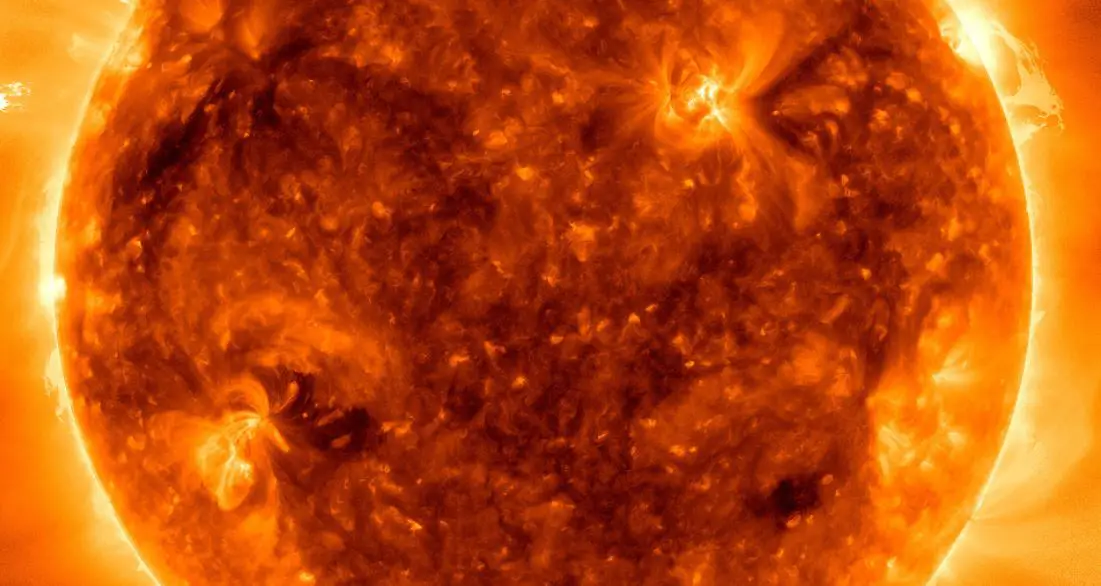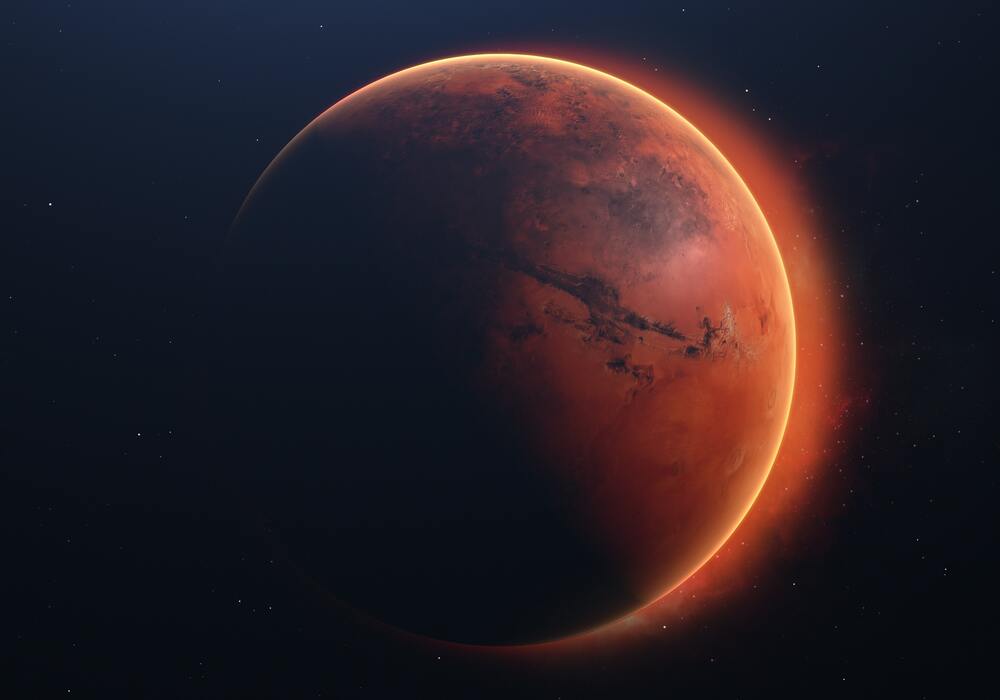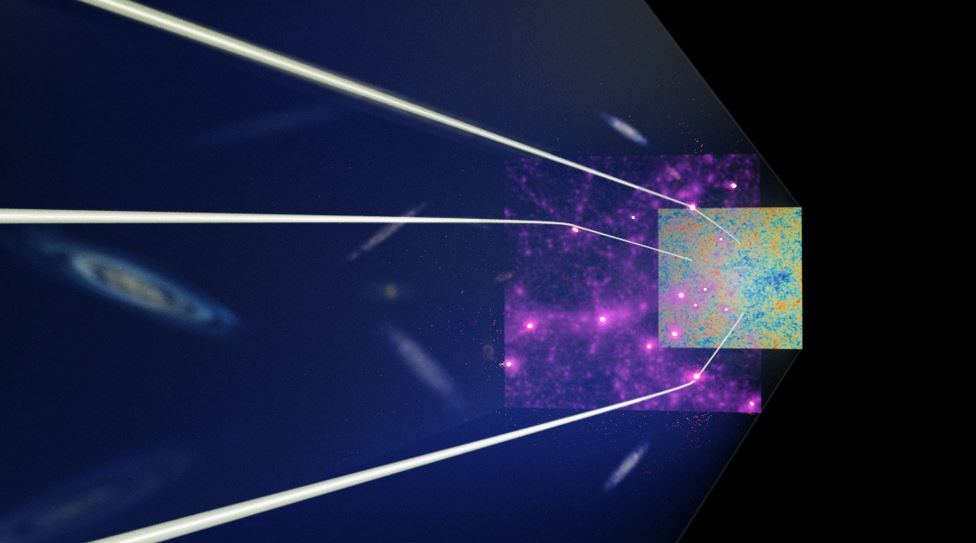Whether life on Earth is a lonely existence in the universe may soon be answered. Swiss astrophysicist Sascha Quanz, who is leading the development of a new instrument, believes that evidence of life outside our solar system will be discovered within the next 25 years.
Although we don’t even have the exact evidence of whether Mars and Venus have life, considering that scientists have found more than 5,000 planets, and the hundreds of billions of stars in the Milky Way should each have at least one companion star.
A large number of planets are waiting for us to discover, and the Webb telescope, which is not actually focused in exploring exoplanets but can directly photograph them, has also made a series of image breakthroughs.
Sascha Quanz’s team believes that a new instrument under development, the Mid-Infrared ELT Imaging Spectrometer (METIS), will help humans find alien life.
The Mid-Infrared ELT Imaging Spectrometer (METIS) will be installed on the European Extremely Large Telescope (E-ELT), which is expected to be completed in the late 2020s, when E-ELT will become the world’s largest optical telescope.
The Webb Space Telescope has released the first direct image of an exoplanet orbiting a distant star: the gas giant HIP 65426 b, a planet 12 times the size of Jupiter and 100 times the Sun-Earth distance from its parent star.
Despite the major breakthrough, Webb’s main focus is not to detect exoplanets, so it is harder to see terrestrial planets that are smaller, closer to their parent stars, and more likely to have surface liquid water.
The new instrument’s sole purpose is to fill the void left by the Webb Space Telescope. While ground-based telescope equipment will have to overcome interference from Earth’s atmospheres measuring the chemical composition of distant planets’ atmospheres, Sascha Quanz believes a 25-year timeline for finding life outside our solar system is not unrealistic.




